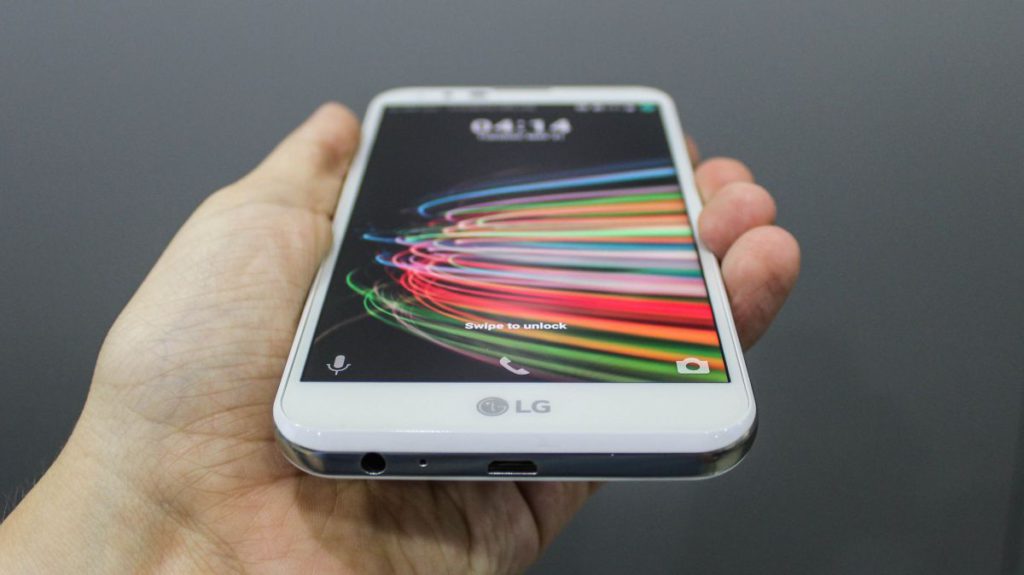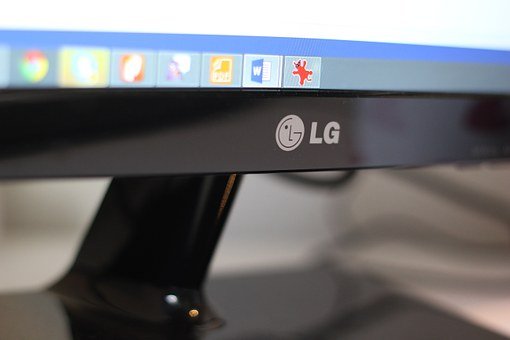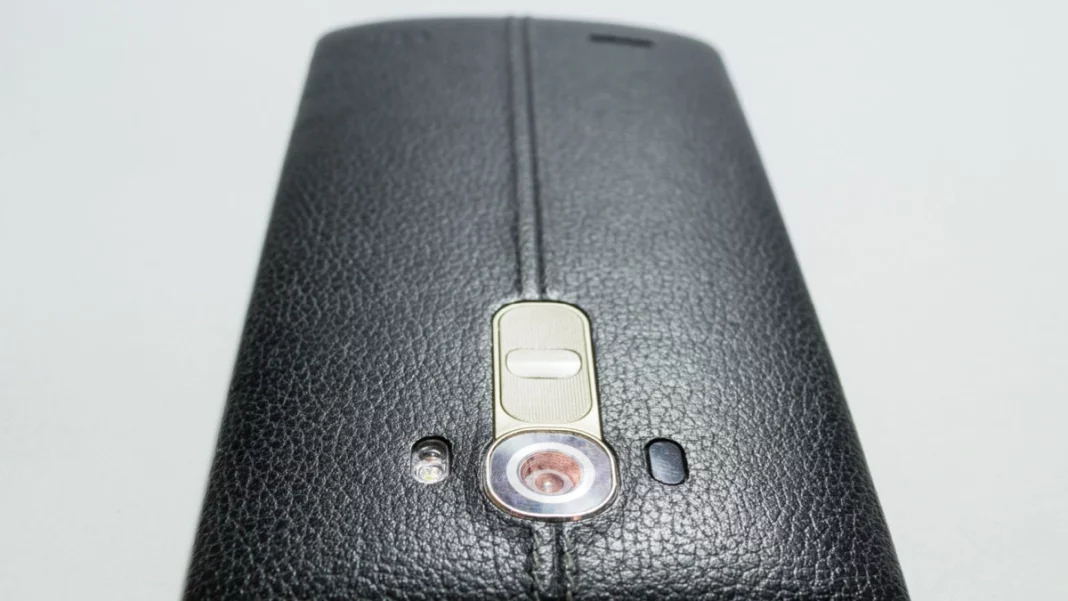In a bizarre turn of events, LG phones, one of the leading South Korean smartphone brands, has decided to pull out of the Indian smartphone market. After accepting loss in the global smartphone industry, South Korean electronics giant LG has agreed to shut down its cell phone division. LG Company announced that it had taken a strategic move to leave the incredibly volatile cell phone market to concentrate on expanding businesses including selling electric car parts. It plans to phase out its LG cell phone business by July 31, while it has stated that it will continue selling phones after that date. The LG smartphone company confirmed that they will provide support from their centers for a while, only in some countries.

The group will now focus on the important aspect from pesticides to television production to South Korean baseball and basketball teams, did not respond to requests for comment. The company stated that it will concentrate on other high-growth areas such as smart home products, automation and robotics, and electric car parts. LG Chem, a company, is one of the world’s largest manufacturers of lithium batteries for electric vehicles, and LG also manufactures components such as dashboard touchscreen screens.
LG Smartphone Company was once upon a time Asia’ largest smartphone maker, and the first one to introduce wide-angle lens in smartphones.
Why Did LG Leave The Smartphone Market?
Any electronics company worth its salt made cell phones in the late 1990s and early 2000s. Mobile phones were no longer a costly industry accessory, but rather an integral consumer item, with enormous potential in a smartphone market that could support a large number of players. Many of the inventions were focused on electronics, and the time saw rapid technical advancements including cameras and color television. But, with the introduction of the LG smartphone, everything changed – even stuffy BlackBerrys became desirable machines – and it was unavoidable that certain people would lose their jobs.
Many of the first generations of cell phone pioneers have faded into obscurity or have left the industry altogether. The death of BlackBerry and Nokia is high-profile example of this shift of power, as we move into a new age of 5G-drilling. The South Korean technology behemoth was one of the pre-smartphone era’s bright stars, capable of creating ground-breaking and eye-catching products. The LG cell phone chocolate was a slide phone that, like the classic Motorola Razr flip phone, became a real fashion item in 2006, and was the corporation’s best-selling cell phone of all time. The LG Prada’s phone legacy grew even stronger when it was released the following year, as it was the first cell phone with a capacitive touchscreen, demonstrating LG’s dominance.
This momentum didn’t last long, but LG smartphone stayed important as a manufacturer even as the market fragmented into only two smartphone platforms – iOS and Android. Google also decided to bring out the Nexus 4 which was a white label competitor to the android operating system. Meanwhile, the company’s flagship “G” range of handsets cemented the company’s status as a so-called “super phone.”

How Did LG Smartphone Decide To Leave The Market?
LG’s cell phone’s problems grew as the industry became more dynamic and crowded as the decade advanced. At high price points, Samsung became gradually associated with the Android platform, while Chinese vendors secured large swaths of the mid-range market with more affordable but still feature-rich smartphones. According to data from Counterpoint, a consulting company, LG smartphones dominated around 2% of the global cell phone market at the end of 2020, based on sales of 23 million phones. Apple and Samsung, on the other hand, had 21% and 18% of the market, respectively.
Only Huawei’s long-term gamble appeared capable of disrupting the Apple-Samsung monopoly at the high end of the market until the Chinese firm ran into geopolitical problems, while Oppo and Xiaomi expanded quickly to clean up in the mid-range segment – particularly in emerging markets. LG’s smartphone legacy became less of an asset as these brands gained traction.
What Are The Market Difficulties That The LG Smartphone Faced?
According to Reuters, LG smartphones was the world’s third-largest handset maker in 2013, but it has suffered in recent years with negative phone ratings and failed to attract huge numbers of consumers with gimmicks like a “banana phone” with a curved screen, and it has faced legal action over technical issues that left certain products unusable.
LG’s cell phone’s most recent flagship phones have also struggled to make an impression on customers, a far cry from Chocolate’s heyday. While the United States has been a bright spot, where its LG smartphones have proven to be historically successful and where it remains top recommendation, its market share has recently hovered between nine percent and thirteen percent. However, with a global market share of just two percent and billion-dollar losses, LG smartphones were under pressure to abandon the project.
The past few months in the gadget industry have been beaming with the question of how LG will quit the smartphone market. According to Ben Wood, head of research at CCS Insight, rumors had circulated that LG cell phones were in negotiations with different handset manufacturers regarding continuing with LG-branded smartphones.
However, considering the high importance of the LG smartphone logo on other consumer electronics and large appliances, LG cell phone leadership is likely to have determined that the money provided was not worth the lack of ownership and possible reputational harm. Unlike its domestic competitor Samsung, LG smartphones have undeniably found it difficult to procure reliable chip suppliers and other components for its smartphones. LG’s cut-or-continue decision was undoubtedly influenced by the added difficulty of getting devices to market, particularly at a loss.
What Are The Consequences Of LG Leaving The Smartphone Market?
Many people would be saddened by LG’s cell phone’s death. Those of us who have followed the industry for a long time remember its creativity and diversity, especially in terms of architecture. Meanwhile, demand is evident in the United States, where Chinese vendors are largely excluded. The cell phone industry is now more advanced and competitive than it was when the LG smartphone first joined it many decades ago, and the prospects are elsewhere. 5G (and 6G) networks will open up a whole new range of wired devices that aren’t limited to a single computer. The failure of LG’s mobile goals demonstrates this rivalry – and acts as a message to current leaders against complacency.
The holy trinity of Nokia, Samsung, and LG smartphones has now been broken. Just one is left now. We hope Samsung recognizes the fickle nature of the audience. This decision, according to experts, will benefit the organization in the future. LG’s overall growth prospects will improve until the mobile market is phased out, which characterized the transition as removing the thorn from the company’s foot.
It would be smarter for LG to cut its losses and focus on areas where it has an edge, such as the show market, therefore LG is leaving the smartphone market soon.


